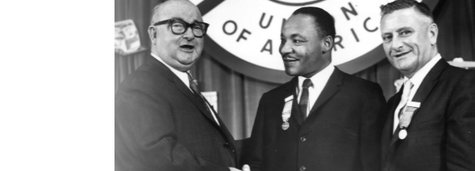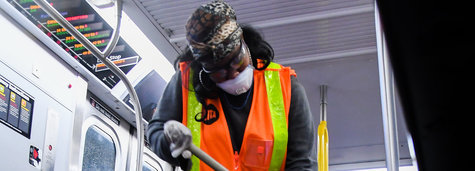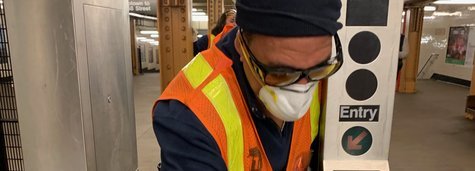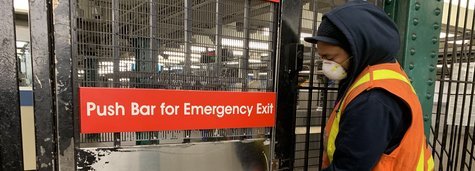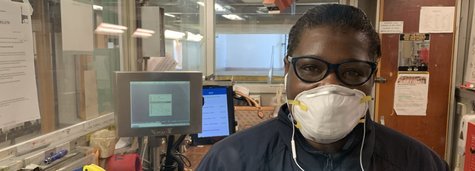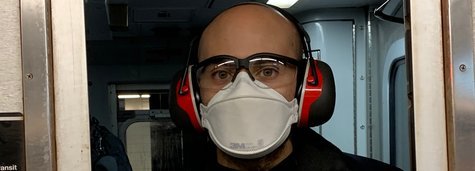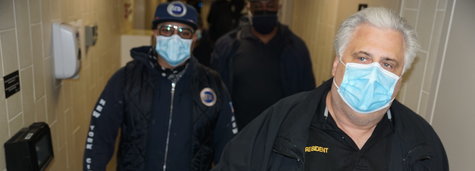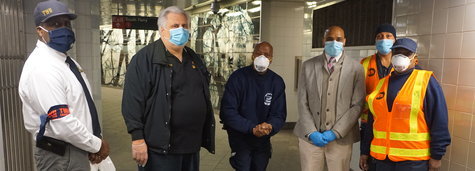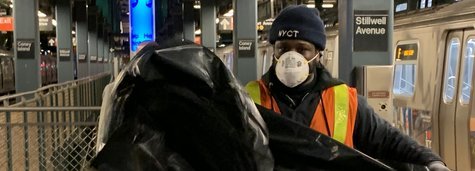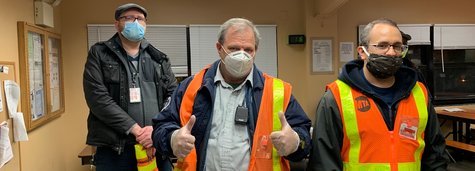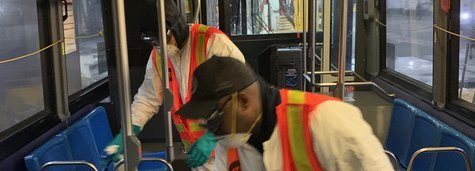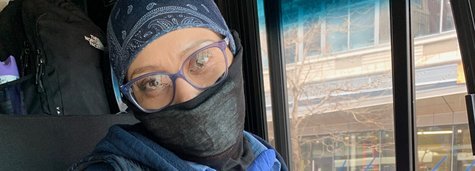TWU LOCAL 100 BLOCKS MTA PLAN TO SHUTTER BOOTHS AND ELIMINATE LUNCH RELIEF
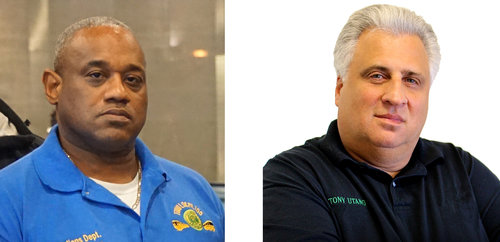
TWU Local 100 has successfully blocked an MTA plan to eliminate “lunch relief” positions and shutter all 470 token booths for significant periods of time every day.
Ruling on a lawsuit brought by TWU Local 100, Supreme Court Justice W. Franc Perry declared Thursday, Jan. 28, the MTA would be violating the New York Public Authorities Law if it went through with the closures, which were scheduled to go into effect on Sunday.
“This is a huge win for Local 100 and the riders we serve,” TWU Local 100 President Tony Utano said. “The MTA was trying to quietly, and without public input, impose service cuts that would make it more difficult and dangerous for riders to use the system.”
Stations Vice President Robert Kelley said: “We had a strong and well-crafted legal argument. We fought and we prevailed.”
Under the MTA plan, Station Agents would have been directed to lock their booths – and leave them empty – when going on meal breaks during the morning, afternoon and overnight shifts. Right now, “Lunch Relief” Station Agents fill the booths during the 30-minute meal breaks. That was going to end. If the plan was not derailed, booths would have been shuttered and unstaffed nearly 1,500 hours per week combined, Local 100 lawyer Arthur Schwartz said. (470 booths, three 30-minute meal breaks per 24 hours) There wouldn’t be a Station Agent in vacated booths to assist riders, including disabled riders and parents with strollers who need to be buzzed through access gates; riders having problems with faulty turnstiles or MetroCard vending machines; riders needing a Station Agent to alert the police of an emergency, Schwartz said.
The plaintiffs in the case were Stations Vice President Robert Kelley, Congressman Adriano Espaillat, and Michael Schweinsberg, President of the 504 Democratic Club, an association comprised of, and advocating for, persons with disabilities. TWU Local 100 argued that the booth closures amounted to a significant reduction in service and access, which would first require public hearings and MTA board approval. Since the MTA did not hold hearings or get board approval, the MTA can’t close the booths, the union argued.
Justice Perry agreed: “Based upon the testimony adduced at the hearing and evidence presented therein, the Court finds that the elimination of the duties of those transit workers who provided lunch relief for station agents will result in significant token booth closures within the City of New York. Such closures clearly constitute a reduction of services and a reduction of access to the system by the general public.”
If the MTA pushes forward with public hearings, TWU Local 100 will lead the fight to keep booths staffed, Utano said. “The Authority cynically used the pandemic as cover for eliminating our work, and for flouting the Public Authorities law,” Utano said. “Additionally, their stated position in court that closing individual station booths across the system for upwards of one and a half hours a day is a ‘minor inconvenience’ to New Yorkers was contemptible, and we will call them on this shameful and dangerous attitude if they decide to move forward with public hearings."

